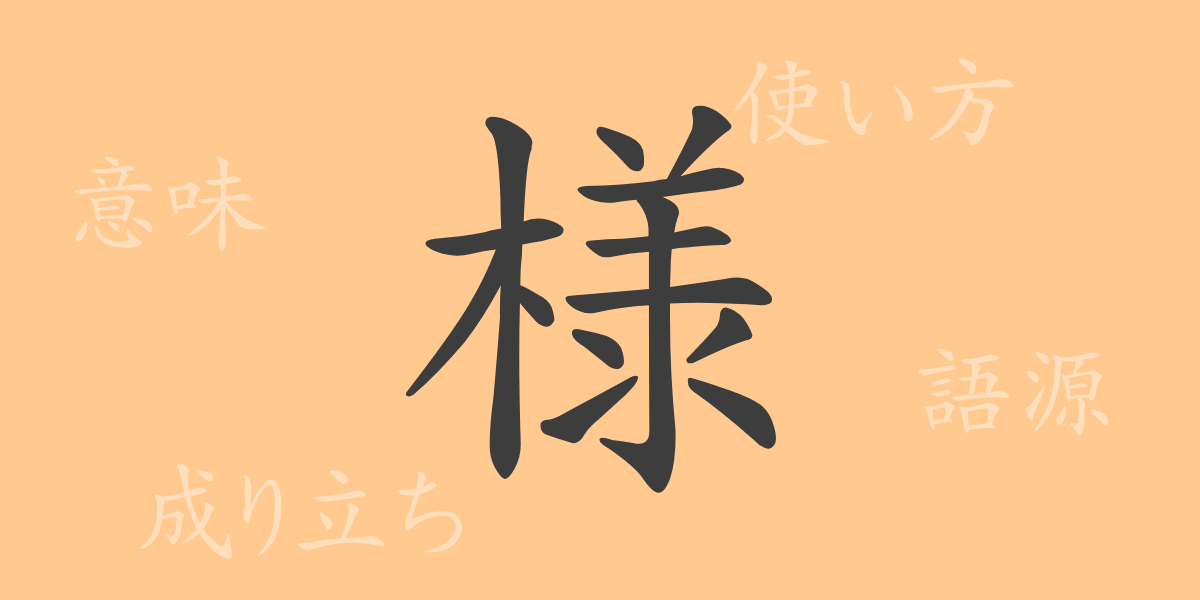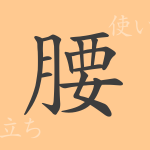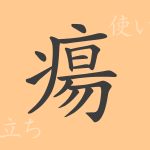The commonly used kanji deeply rooted in Japanese culture, “様” (sama), is an indispensable element in both written and spoken language. The rich meanings and usages of this single character symbolize the profound depth of the Japanese language. In this article, we delve into the diversity of “様” (sama), from its etymology to compound words, idioms, and proverbs. Whether you are a learner of Japanese or a native speaker, this will help deepen your understanding of “様” (sama).
The Etymology of 様 (sama)
To explore the origin of the kanji “様” (sama), it is essential to focus on its etymology. In ancient China, “様” (sama) was formed by combining the radical for “tree” (木偏(きへん)) and the character for “sheep” (羊), which indicates shape or appearance. Originally, this combination meant “the shape of a tree” or “the appearance of a tree,” but over time, it evolved to refer to the shape or appearance of things in general, and eventually included abstract meanings related to human behavior and attitudes.
Meanings and Usages of 様 (sama)
“様” (sama) has a wide array of meanings depending on its usage context. It is often used as an honorific title to indicate respect or politeness, such as in “山田様” (Yamada-sama) to show respect after a person’s name. It also denotes the state or condition of things, frequently used as “the state of things” (状態(じょうたい)を表(あらわ)す様(さま)). Additionally, it is utilized in metaphorical expressions or as an adjectival noun, as seen in “見事(みごと)な様(さま)” (splendid appearance).
Reading, Stroke Count, and Radical of 様 (sama)
Basic information about the kanji “様” (sama) is crucial in learning Japanese.
- Reading: On-yomi (音読み(おんよみ)) is “ヨウ” (you), Kun-yomi (訓読み(くんよみ)) is “さま” (sama)
- Stroke Count: A total of 14 strokes
- Radical: 木偏(きへん) (tree radical)
Compound Words, Idioms, and Proverbs Using 様 (sama)
There are numerous compound words, idioms, and proverbs that include “様” (sama) in Japanese. For example, “模様” (もよう, moyou) refers to the condition or appearance of things and is used as “a pattern to follow” (手本(てほん)となる様(さま)). The term “様子見” (ようすみ, yousumi) signifies an attitude of observing changes in a situation and withholding judgment. Additionally, the proverb “天(てん)に昇(のぼ)る様(さま)” (ten ni noboru sama) expresses an extremely magnificent appearance.
Summary of 様 (sama)
Through this article, we have explored the multifaceted aspects of the kanji “様” (sama). From its use as an honorific title to indicating states or conditions, and its role in compound words and proverbs, “様” (sama) holds a significant position in the Japanese language. To deepen your understanding of Japanese culture and aim for more enriched expressions, it is crucial to correctly grasp and appropriately utilize the usage of “様” (sama).

























